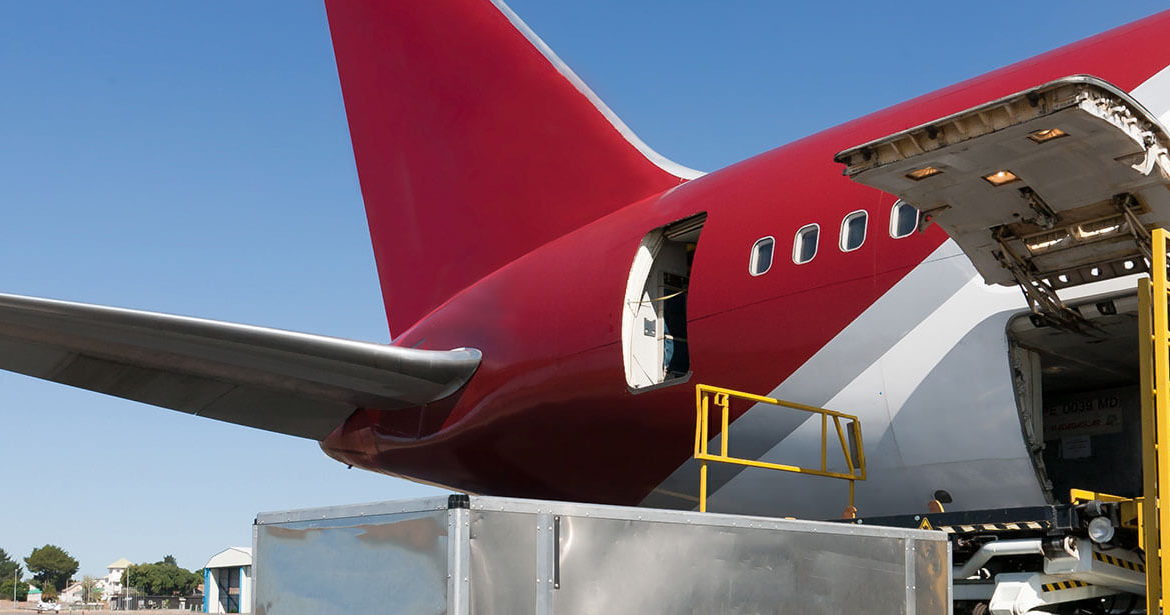The air cargo industry is experiencing a mini-boom, driven by the ever-increasing growth in e-commerce and perhaps partly due to the shift away from ocean carriers thanks to the Red Sea crisis. January 2024 saw an 18.4% increase in year-on-year cargo demand, which is the highest increase since the summer of 2021, and cargo ton kms (CTK) for the month even surpassed pre-Covid levels by 2.8%. Having said that, the fact that the Lunar New Year 2023 occurred in mid-January, meaning factories were closed for the rest of the month, should be considered. Additionally, the growing uncertainty over China’s economic slowdown could cast some shade over how things unfold for the industry throughout the year.
Our take: With rates seeming to have bottomed for air and ocean, now is a good time to re-evaluate your routing choices. It’s possible they’re based on outdated rates. Talk to your forwarder to see if there are new opportunities for savings by switching up carriers or even considering other locations to source from.
Read more here.
Not all that long ago, we were discussing the state of affairs between West Coast ports and the International Longshoremen’s Association. Now, like an echo from a not-too-distant past, East and Gulf Coast ports are in the same position, with contracts soon set to expire and the potential for a strike looming. If negotiations between the ILA and the United States Maritime Alliance aren’t ironed out by the time the current contract expires at the end of September, 45,000 members are prepared to hit the picket lines on October 1. Negotiations began in February 2023, but wage increases have been a sticking point. If the strike isn’t averted, it could have a significant impact on the economy since it would disrupt cargo shipments during the peak holiday shipping season.
Our take: Importers are already dealing with disruption in the Red Sea and Panama Canal, both of which are impacting the volume of imports on the US East Coast. This is something to keep a close eye on, so importers should talk with their forwarders about potential contingencies as the situation plays out.
Read more here.
After the breakup of the 2M Alliance, there were some dire predictions about what might happen with other alliances. In answer to that, the Ocean Alliance recently announced that they will be extending their partnership for an additional five years. The current agreement between the four members — CMA CGM, COSCO, OOCL, and Evergreen — was set to expire in 2027, however, the new agreement extends the most recent until 2032. The Alliance was originally formed in 2017 and spanned seven major East and West trades. At its inception, it had greater capacity on the Asia-Europe and Asia-North America routes than the 2M Alliance.
Our take: This story is not over yet. There is likely to be some other shifting of carrier agreements in the short- and mid-term. These changes impact the available routing options and costs, so work closely with your forwarders to understand how any changes will impact your shipping.
Read more here.




